Researchers discover that a Parkinson’s drug, procyclidine, can reduce physical nicotine withdrawal symptoms, such as tremors and immobility.


Researchers discover that a Parkinson’s drug, procyclidine, can reduce physical nicotine withdrawal symptoms, such as tremors and immobility.

Pathogenic bioaerosols detected at household garbage collection sites may contribute to vascular aging with high chronic exposure.

The protein helps convert white fat tissue into calorie-burning beige fat, providing a potential target for weight loss and obesity treatments.
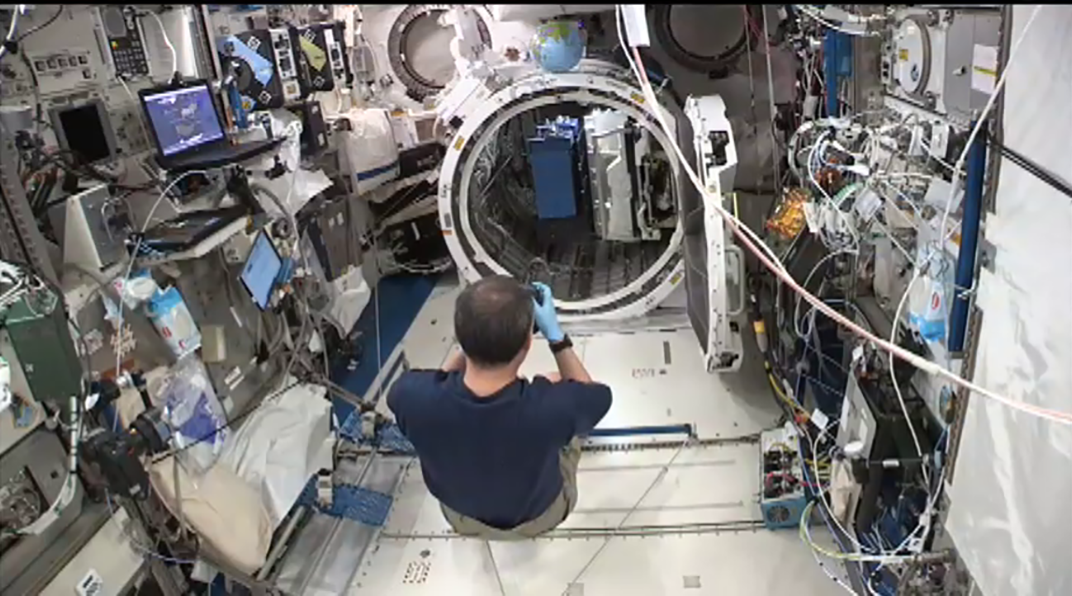
Cosmic radiation degrades medications like ibuprofen, highlighting the need for new “space” medicines with modified formulations.
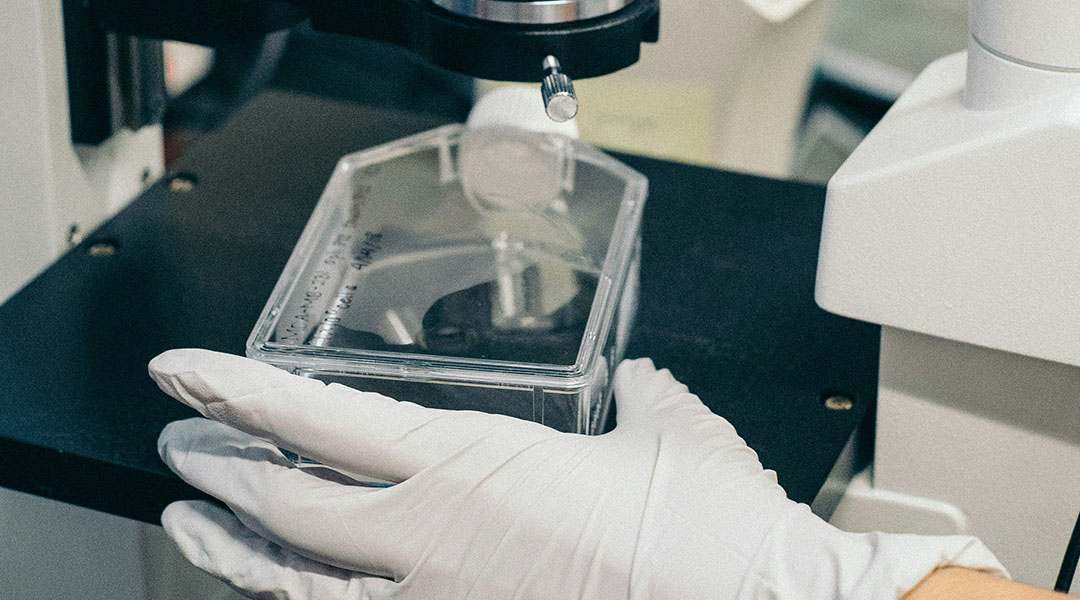
Scientists use mild electrical currents to treat skin infections, presenting an antibiotic-free solution amid rising antimicrobial resistance.
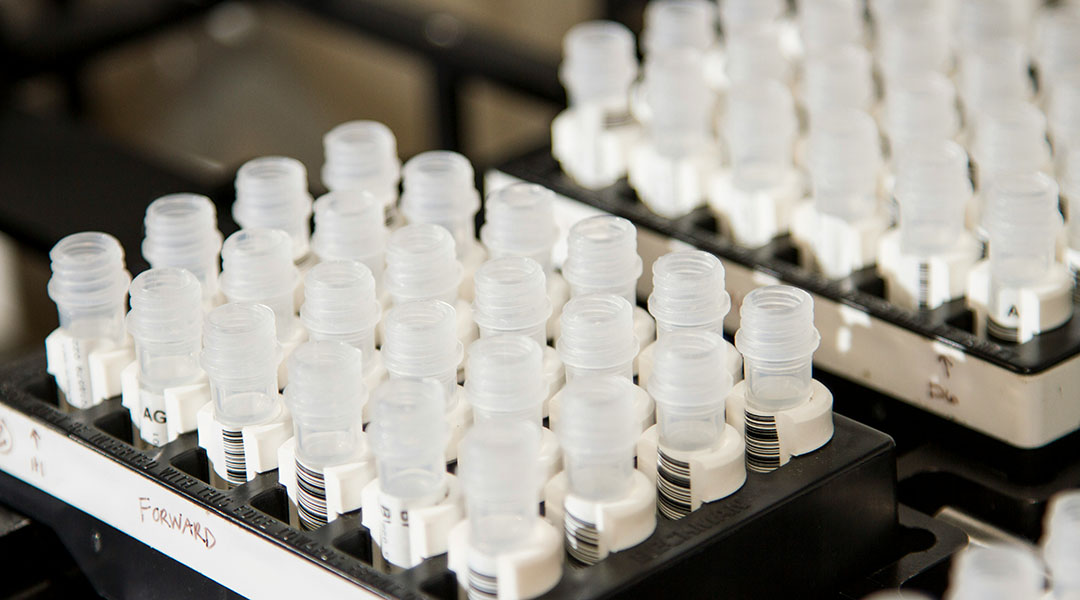
Scientists develop new drug delivery system that targets tumors then exists the body using “switchable” chemistry.
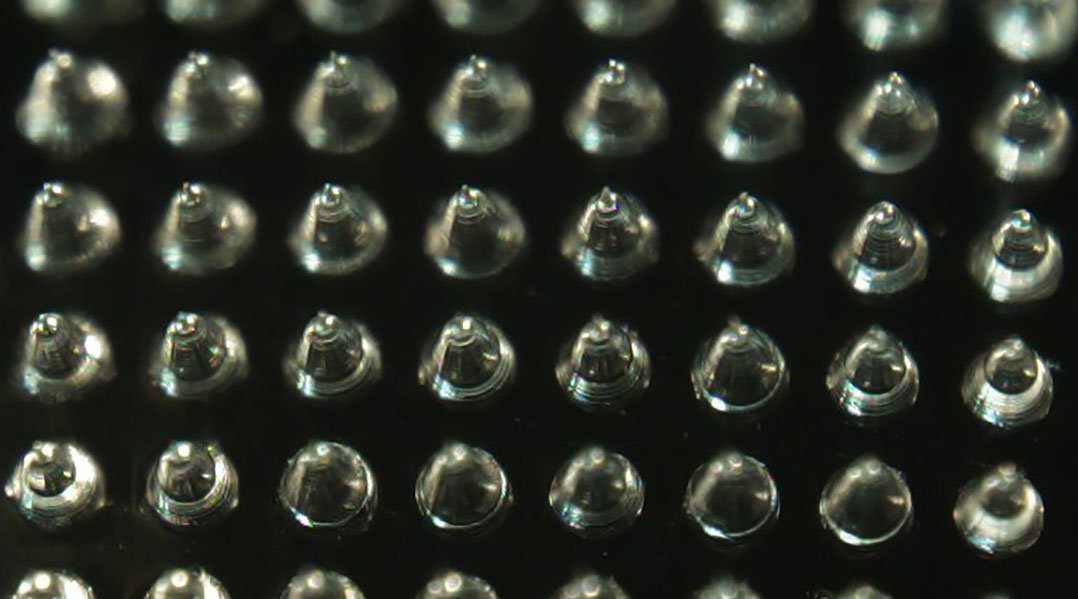
Microneedles allow scientists to precisely control the delivery of drugs to chronic wound sites and restore natural healing processes.
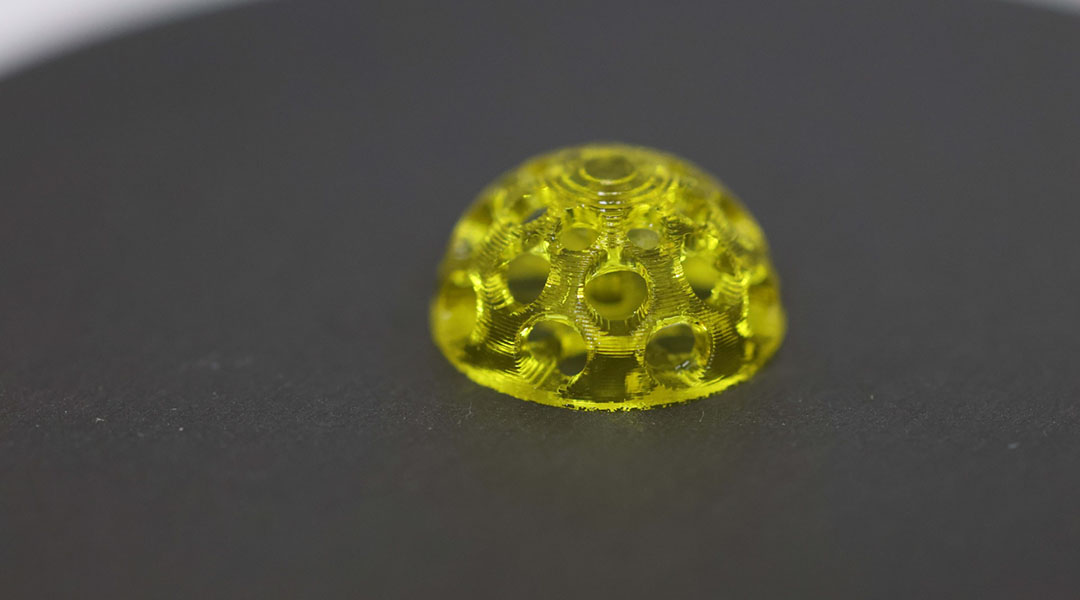
The customizable implant releases an anticancer drug in the presence of new tumors that might go undetected by MRI.
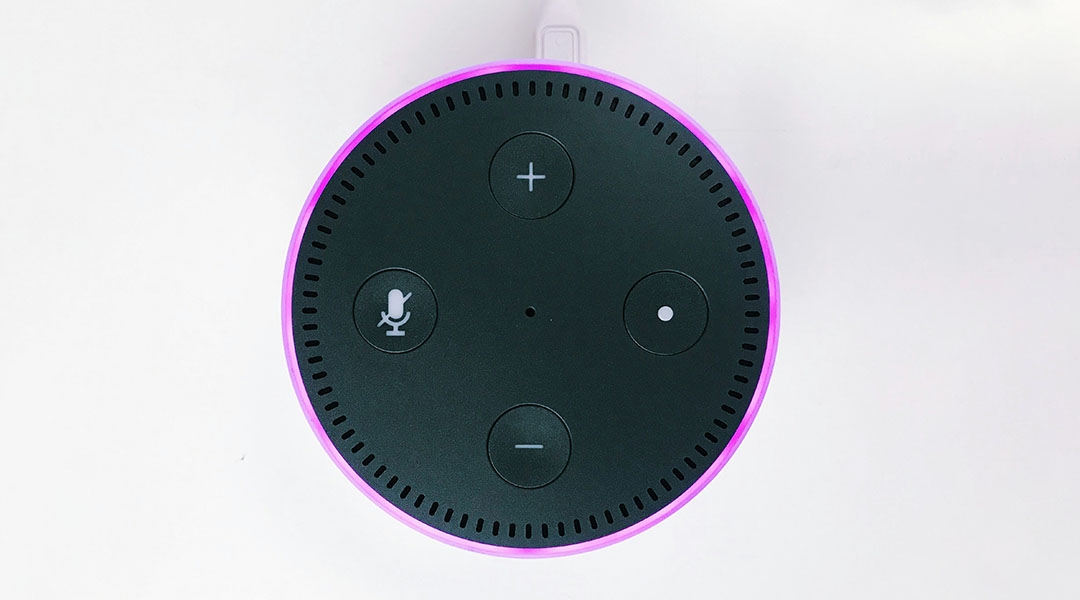
Scientists explored whether evidence backs up the growing belief that voice assistants like Alexa can alleviate loneliness, especially in the elderly.
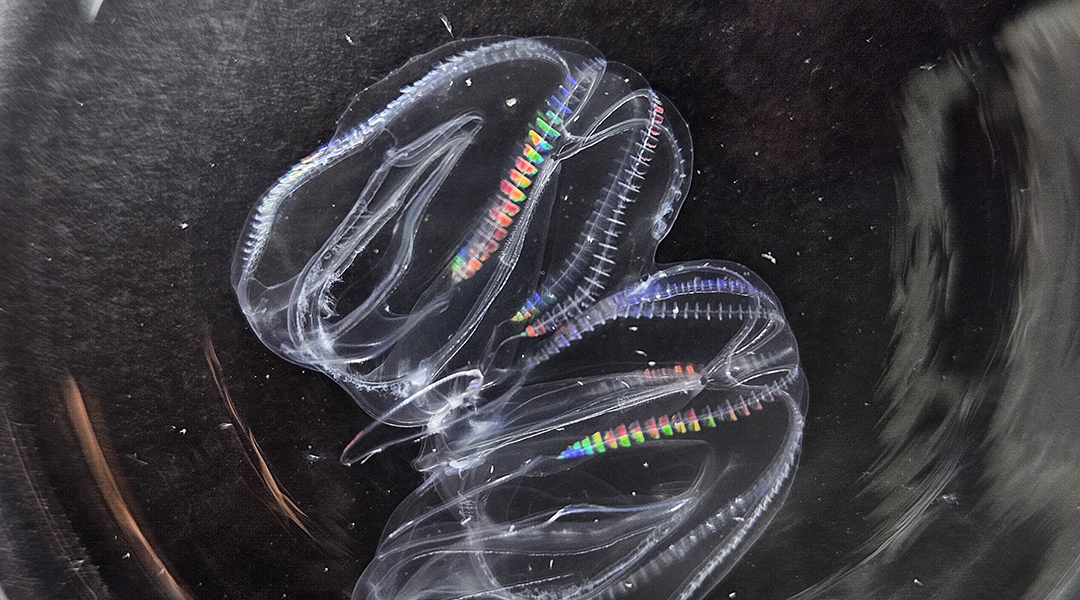
Two individual comb jellies can fuse into a single organism, providing an incredible feat of regeneration rarely seen in the animal world.